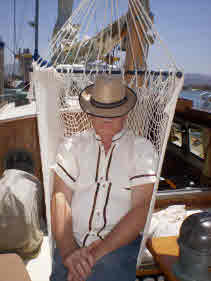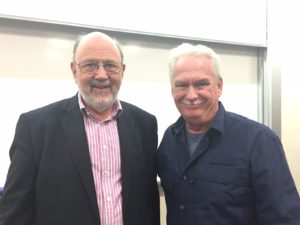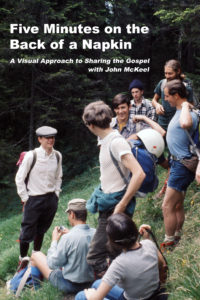2 Peter 1:3 His divine power has granted to us all things that pertain to life and godliness, through the knowledge of him who called us to his own glory and excellence, 4 by which he has granted to us his precious and very great promises, so that through them you may become partakers of the divine nature, having escaped from the corruption that is in the world because of sinful desire. 5 For this very reason, make every effort to supplement your faith with virtue, and virtue with knowledge, 6 and knowledge with self-control, and self-control with steadfastness, and steadfastness with godliness, 7 and godliness with brotherly affection, and brotherly affection with love.
Peter promises us in the next verse, “if these qualities are yours and are increasing, they keep you from being ineffective or unfruitful in the knowledge of our Lord Jesus Christ.” In other words, if you want to be an effective, fruitful Christian, we need to garner these eight virtues. Think of them as an eight rung ladder. In the weeks to come, in this column, we’ll spend some time focusing on each of them.
Faith
The first step to take on the path to discipleship is faith. The word “faith” simply means “belief” and we need to be very careful because there are many different things to believe in and many different expressions of belief. For example, James says, “Even the demons believe – and shudder!” Their faith doesn’t do them any good at all! Why? Because their belief doesn’t lead to proper action.
So what kinds of belief are there? In Rubel Shelly’s wonderful book, Prepare to Answer, he describes some of them:
- A credulous belief has little to commend it. Some people believe the earth is flat, but that seems silly to most of us.
- Mere belief rests on flimsy evidence. As much as I hate to admit it, belief that the Padres will win the World Series seems like a mere belief.
- A substantive belief would take strong contrary evidence to change what we believe. “I believe George Washington was the first president of the United States” seems substantive. My belief rests on strong evidence.
- Of course there are mistaken beliefs. I’ve walked up to red Jeeps in the parking lot and put my key in the door only to discover, it wasn’t my car. I was mistaken.
- Finally, there are statements of personal faith. “I believe in Jan.” That statement is based on years of personal experience and trust.
So when you say, “I believe in Jesus” is that just wishful thinking (1 or 2)? Is it just a statement of fact as in “I believe Jesus really lived 2,000 years ago” (3)? Could it be a statement of misplaced faith (4)? No, Paul calls this the “Good Confession” (1 Timothy 6:12, 13). It is the realization that God has reached out to us in love and that belief opens a whole new world to us.
Faith is the first step. Let’s keep climbing the ladder together in the weeks to come.










